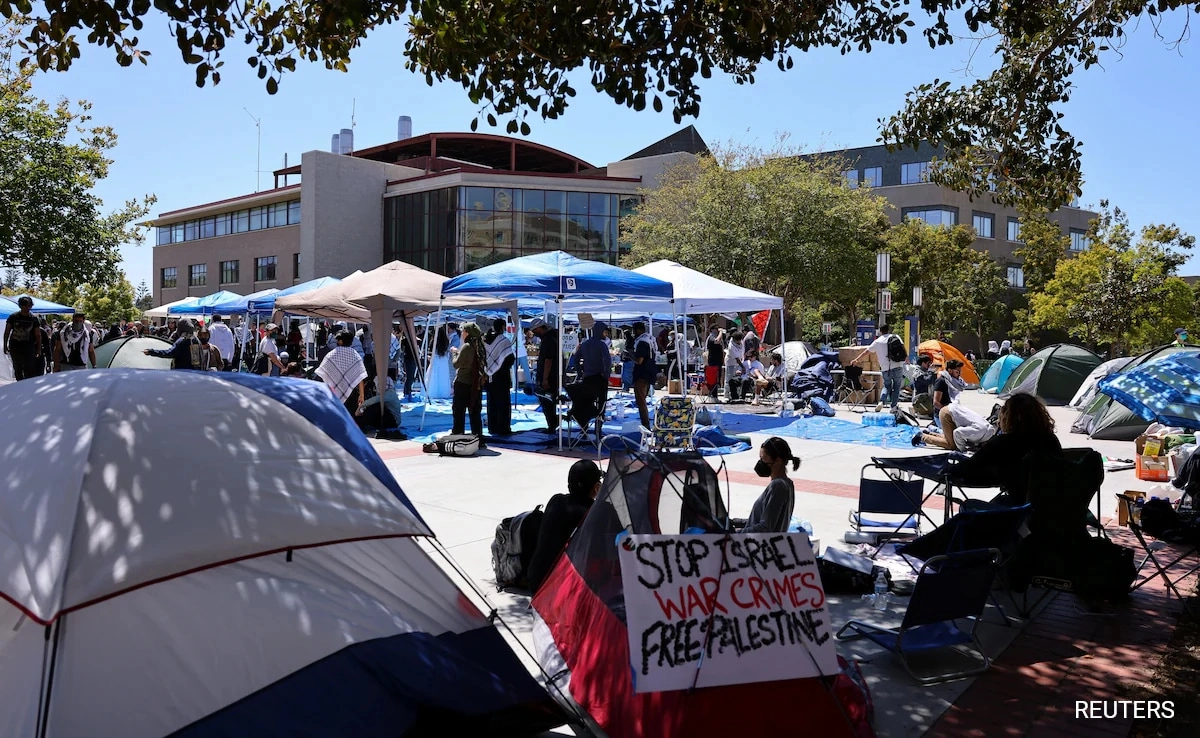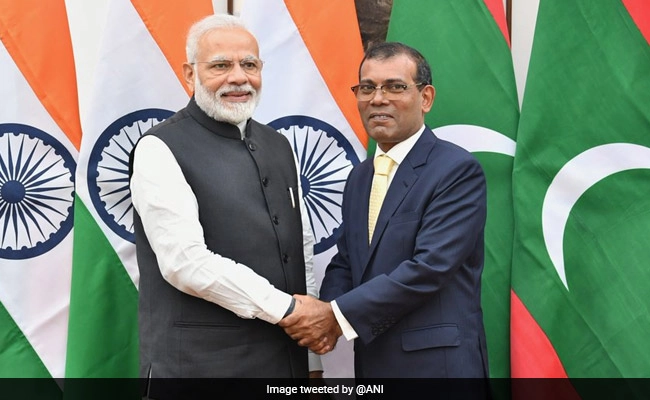In a significant move that has drawn national attention, the Trump Administration decided to freeze $584 million in federal funding allocated to the University of California. This decision has created a considerable stir within the academic community and among students, faculty, and staff. The funding in question was intended to support various programs and initiatives across the University of California system, which encompasses multiple campuses and serves a diverse student body. The freeze has raised concerns not only about the immediate financial implications for the university but also about the broader impact on education, research, and public service in California.
The rationale behind the funding freeze appears to be rooted in political and ideological considerations, with the Trump Administration expressing concerns about the university’s compliance with federal regulations and policies. Critics of the freeze argue that such actions undermine the autonomy of educational institutions and hinder their ability to carry out essential functions. The University of California has been a prominent institution known for its commitment to academic excellence, research innovation, and public service, and this sudden withdrawal of funding could jeopardize numerous programs that benefit students and the community at large.
Moreover, the funding freeze has ignited a broader discussion about the relationship between federal funding and higher education institutions. Many educators and policymakers are voicing their concerns over the potential consequences of politicizing funding decisions, which could lead to a chilling effect on academic freedom and research endeavors. As universities increasingly rely on federal funds to support their operations, the implications of such freezes could resonate far beyond California, affecting institutions nationally and altering the landscape of higher education.
As the University of California navigates this turbulent period, it remains to be seen how it will respond to the funding freeze and what measures it will take to mitigate the financial strain. University leaders are likely to explore various avenues, including seeking alternative funding sources, advocating for the restoration of federal funds, and engaging in dialogue with policymakers to emphasize the importance of supporting higher education. Ultimately, this situation serves as a reminder of the critical intersection between politics and education, highlighting the need for ongoing discussions about funding priorities and the role of federal support in shaping the future of academic institutions across the country.




